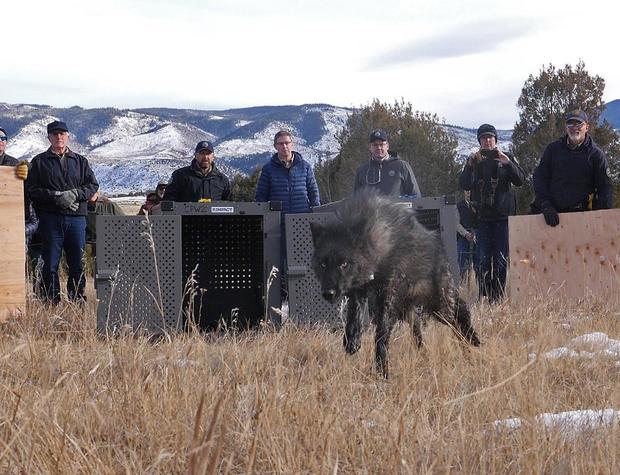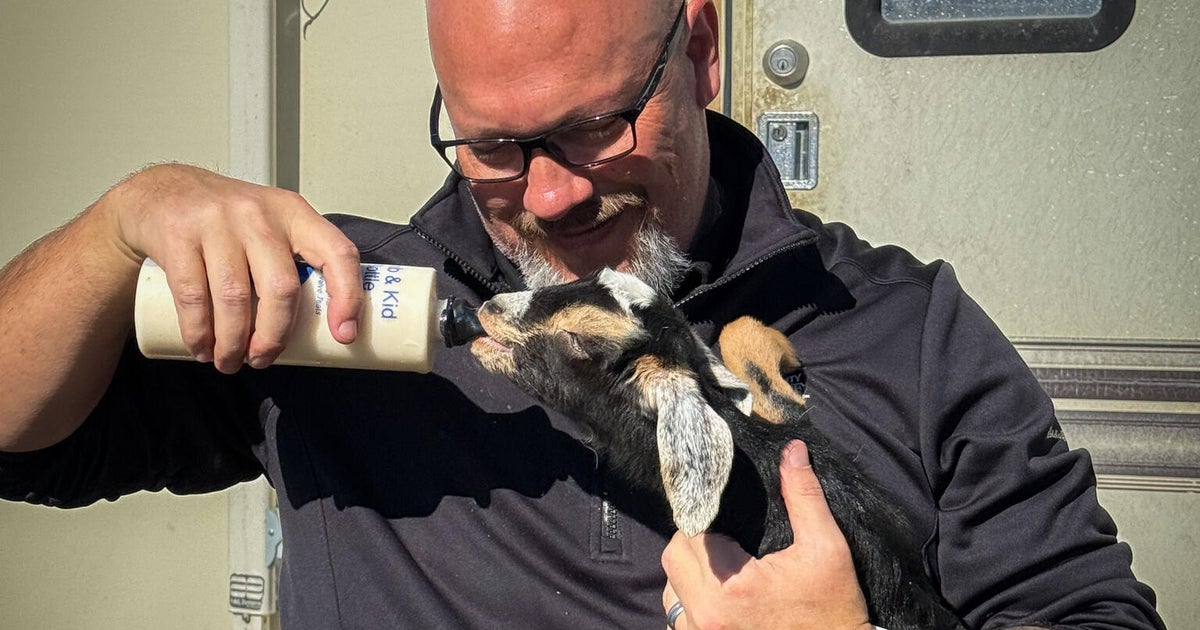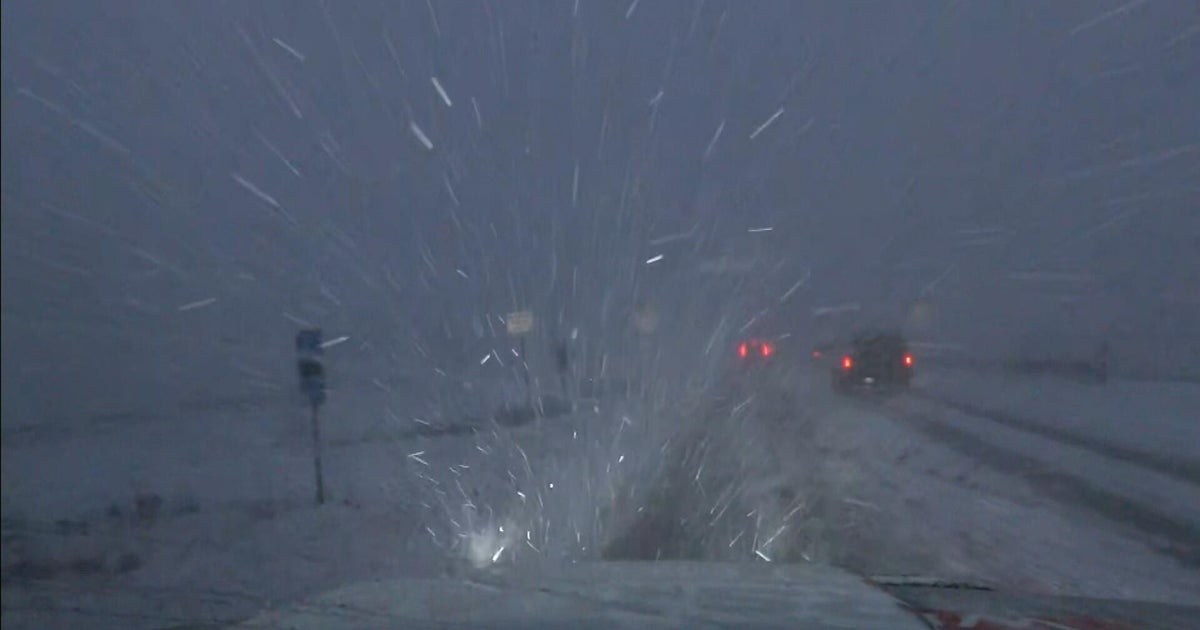Additional funding for range riders to protect Colorado ranchers from wolves not enough, according to ranchers
Colorado's Department of Agriculture and Colorado Parks and Wildlife are now giving the Middle Park Stockgrowers Association an additional $28,000 (on top of $20,000 for a total of $48,000) to help fund non-lethal wolf deterrents like their lone range rider. A range rider is someone who patrols an area with livestock, similar to a security guard, and keeps an eye out for wolves. If they should see them, they try to scare off the animals.
While Middle Park Stockgrowers Association President Tim Ritschard said the organization is thankful for the additional help, he's still wondering what the plan is for the future as we support our Colorado wolf population to grow, and therefore increase the likelihood of conflicts with wolves and ranchers.
"I don't think any of us really understood what was going to happen," Ritschard admitted.
While he has seen proof that the range rider is finding the wolves waiting to strike and stood between them, he said it's not a permanent solution, "It's really hard because it has worked, but it hasn't worked."
The range rider was hired in that area as CPW confirmed that's where wolves had made a den for the new wolf pup born in Colorado. But the latest mapping from the GPS collars shows the wolf population continues to spread out, and Ritschard wonders if there will be additional funding for range riders in other places where wolf interference has happened. While he believes it has been successful in stopping wolf attacks in Middle Park, he also believes it can't protect everyone.
"The issue is, is they're bumping (the wolves) into the neighbor or, you know, more specifically, sometimes your neighbor is yourself," Ritschard said.
There's also evidence that the wolves are learning the pattern and schedule of the rider and trying to branch out on times they will visit livestock looking for a meal. Normally range riding is at night. "These producers have employees that have been seen in the middle of the day, 1 o'clock in the afternoon," he said.
In a released statement, Colorado Commissioner of Agriculture Kate Greenberg said the dedication to additional funding for MPSG is a sign of the commitment to help wolves be grown in our state the right way.
"We commend the many producers who are putting in the hard work of reducing predator conflict using non-lethal tools," Greenberg said. "There are resources available to producers, and CDA and CPW remain committed to not only deploying those resources quickly but making sure they fit the needs of each agricultural community we serve. This additional funding for the Middle Park Stockgrowers has emerged through much collaboration with Middle Park. It will allow their community to continue implementing non-lethal practices, such as range riding. These tools are working. The more we work together to put different non-lethal techniques on the landscape, the more tools we'll have to reduce conflict and ensure resilient ranches well into the future."
Colorado Parks and Wildlife Director Jeff Davis added this:
"We are grateful for our continued partnership with CDA, Middle Park Stockgrowers, and our agriculture communities across Colorado as we continue to restore this species," Davis said. "This additional funding will help producers in Middle Park and surrounding communities ensure they have the non-lethal tools in their conflict mitigation toolbox to protect their livestock and minimize conflict with wolves."
But Ritschard said the entire situation has left him feeling like he was living a waking nightmare each day, wating for one of his livestock to be killed by a population of wolves that only intends to get bigger.
CPW's dedicated Wolf Depredation Compensation cash fund has $175,000, provided from the state's General Fund, in its balance and will receive $350,000 additional General Funds per fiscal year to keep a healthy balance in the fund on an ongoing basis.










